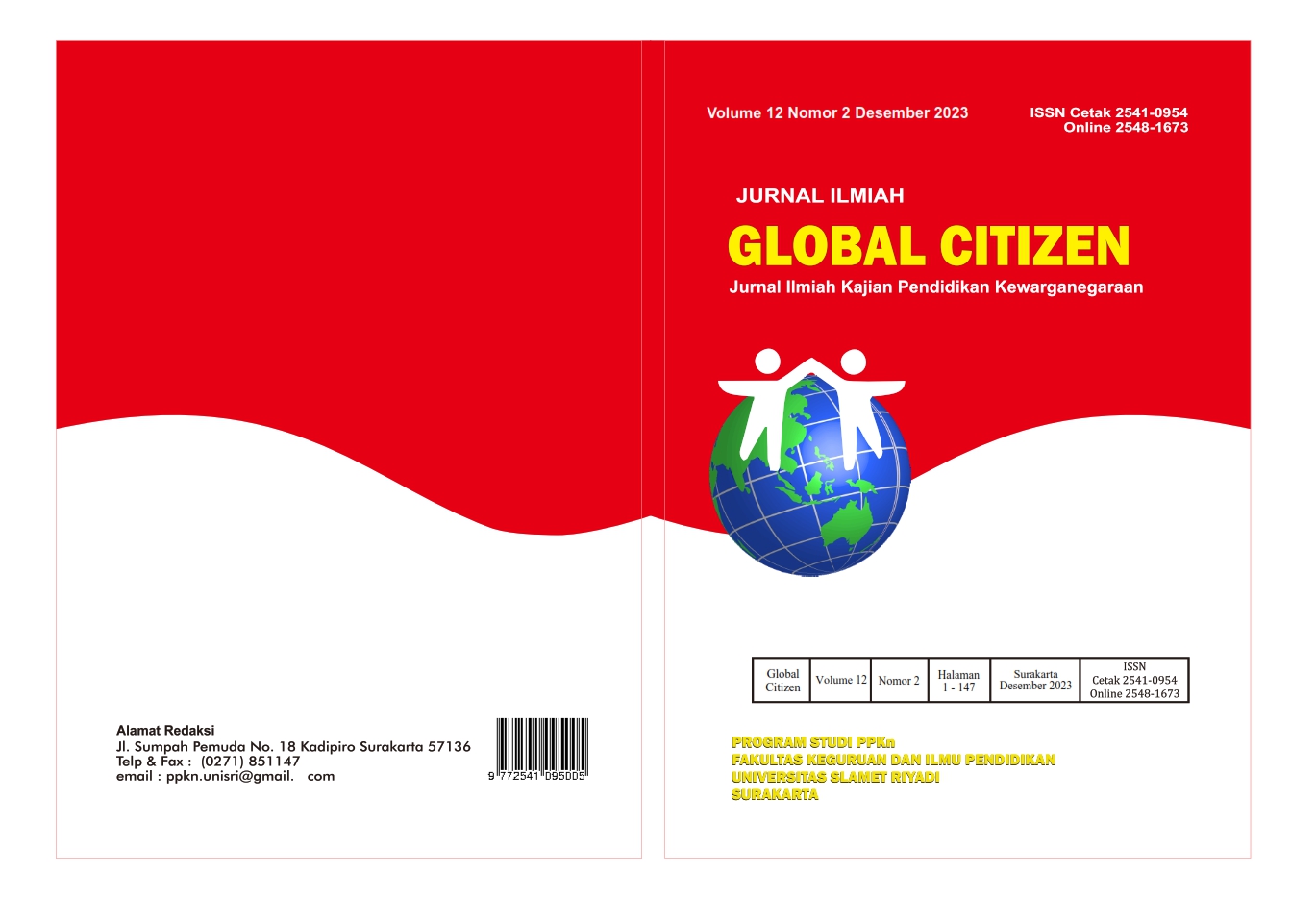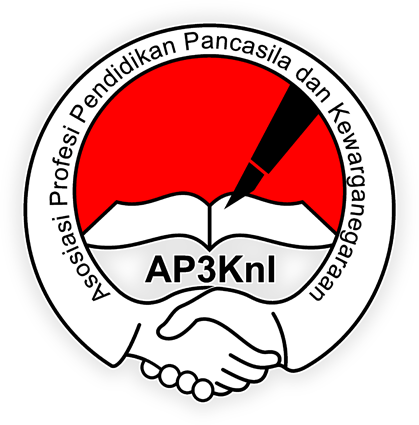PEMBERDAYAAN TENAGA KERJA DISABILITAS TUNARUNGU SEBAGAI UPAYA PEMENUHAN HAK ATAS KESEMPATAN KERJA PADA PT. PROTECDA KREASI PRIMA KABUPATEN WONOSOBO
DOI:
https://doi.org/10.33061/jgz.v12i2.9805Abstract
The state is responsible for respecting, protecting and fulfilling the rights of citizens, including groups with disabilities. One of the rights of groups with disabilities is the right to get employment opportunities. However, in reality there are still groups with disabilities whose rights to work opportunities have not been fulfilled. This study analyzes the empowerment of disabled workers conducted by PT. Protecda Kreasi Prima as an effort to fulfill the right to work opportunities for people with deaf disabilities. This study uses a qualitative descriptive research method with purposive sampling and snowball sampling techniques. Data collection uses observation, interviews, and document studies. Based on the research results, it can be concluded that PT. Protecda Kreasi Prima through various production unit-based empowerment programs. This empowerment program has an impact on fulfilling the right to work opportunities, namely the potential for opening jobs for deaf disabilities such as beauty salons, mechanic workshops, cafes, providing information on work contracts at PT. Protecda Kreasi Prima, increasing skills for deaf disabilities, absorbing labor to prevent and reduce unemployment
Keywords: empowerment, fulfillment of rights, job opportunities, deaf disability

Downloads
Published
How to Cite
Issue
Section
License
Copyright (c) 2023 Neneng Dhea Fatimah, Triana Rejekiningsih, Rima Vien Permata Hartanto

This work is licensed under a Creative Commons Attribution-NonCommercial 4.0 International License.
Authors who publish this journal agree to the following terms:
- Authors retain copyright and grant the journal right of first publication with the work simultaneously licensed under a Creative Commons Attribution License that allows others to share the work with an acknowledgement of the work's authorship and initial publication in this journal.
- Authors can separately make additional contractual arrangements for non-exclusive distribution published by the journal (e.g., publish it in a book), with an acknowledgement of its initial publication in this journal.
- Authors are allowed and encouraged to send their work via online (e.g., in the institutional repositories or their website) after published by the journal.















